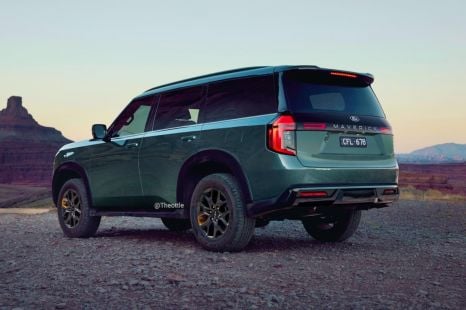

Ben Zachariah
Move over, Patrol: New-era Ford Maverick SUV imagined
2 Hours Ago
Thierry Bollore is leaving Jaguar Land Rover for "personal reasons" after two short, but eventful, years in charge.

Journalist
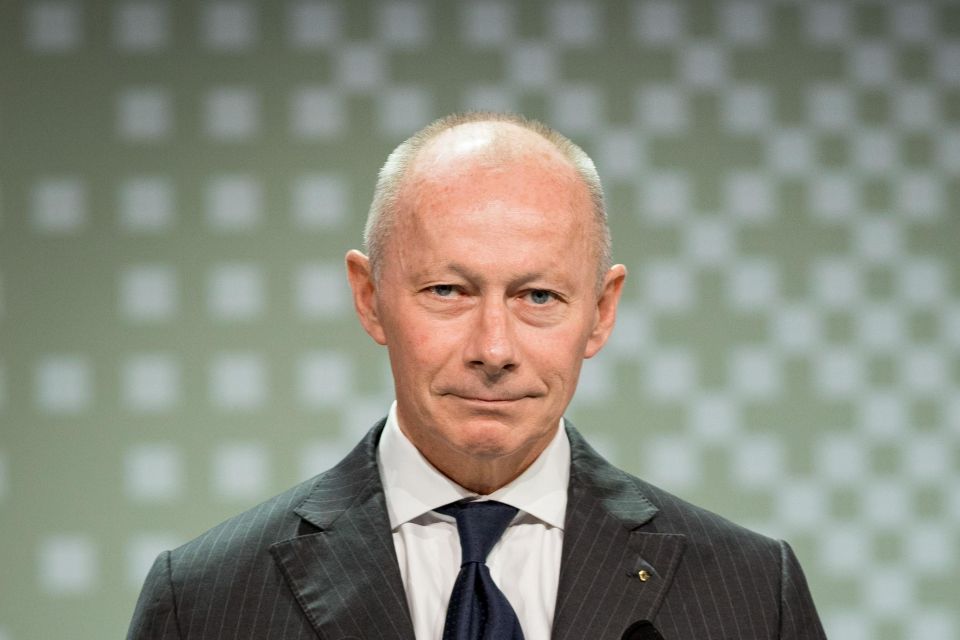

Journalist
Thierry Bollore’s tenure as CEO of Jaguar Land Rover has come to an abrupt end just two years after he took the reins of the Tata-owned British automaker.
In an announcement released overnight the firm said Bollore was leaving the company for “personal reasons” on December 31, 2022. He is also leaving his non-executive role at the luxury car maker’s parent, Tata Motors.
Although Bollore won’t formally leave the company before the end of the year, he is vacating the post of CEO immediately with Adrian Mardell, currently chief financial officer, taking over on an interim basis.
“I am immensely proud of what we have achieved together at Jaguar Land Rover over the last two years,” Bollore said in a prepared statement.
“The company’s transformation and acceleration towards a sustainable, profitable future as a modern luxury business is underway at great pace. I would like to thank the whole team for their dedication and passion and I wish the entire organisation the very best for the future.”
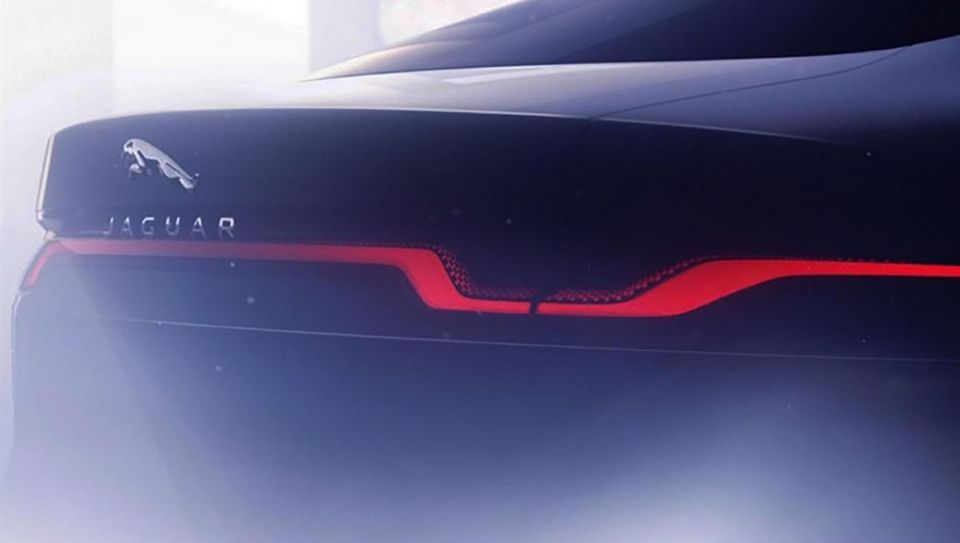
Bollore became Jaguar Land Rover’s chief executive in September 2020, and at the beginning of 2021 he unveiled the Reimagine business plan.
As part of his planned turn around, he killed off the next-generation XJ which was months away from being launched, and set Jaguar on course to become a high-end EV-only brand from 2025, when it would start competing with Bentley rather than BMW.
A year later Bollore revealed the company had decided to develop its own EV-only architecture, codenamed Panthera, in collaboration with supplier Magna so that the next generation of Jaguars would have “unique” proportions. Reports indicate the brand is developing two crossovers and a coupe on the architecture.
Jaguar’s dramatic repositioning and shift of focus came after decades under Ford and Tata ownership where it unsuccessfully sought to be the British BMW.
Under the Reimagine plan, Land Rover would continue as the company’s main money-maker and driver of volume. Its EV transition would be far more gradual, with the brand committing to offering an electric variant for each one of its model lines by 2030.
During his short tenure as CEO, Bollore has narrowed Jaguar Land Rover’s losses to £173 million ($306 million) in the last quarter, down from £302 million ($534 million) in the same period last year.
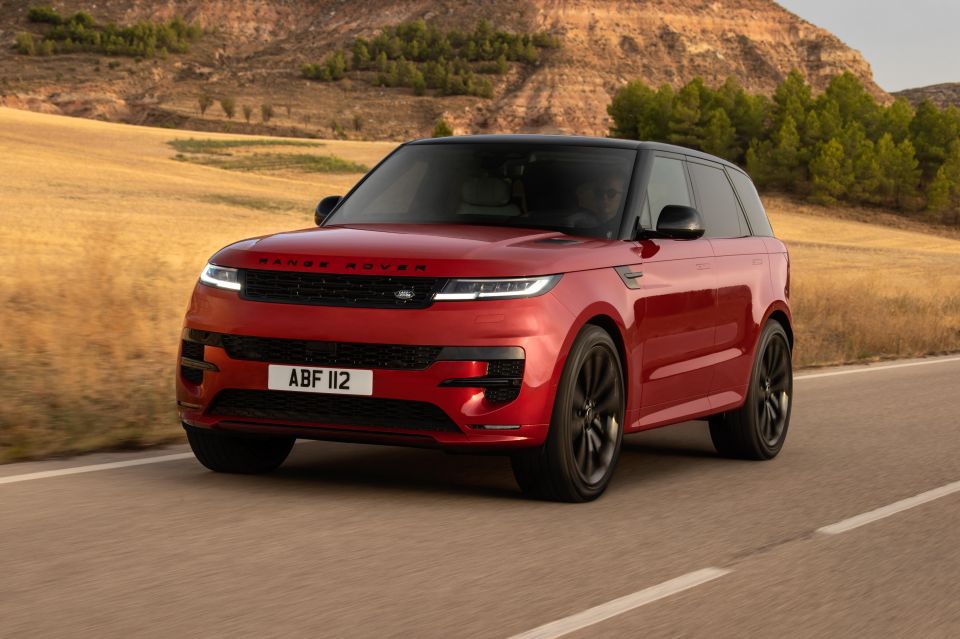
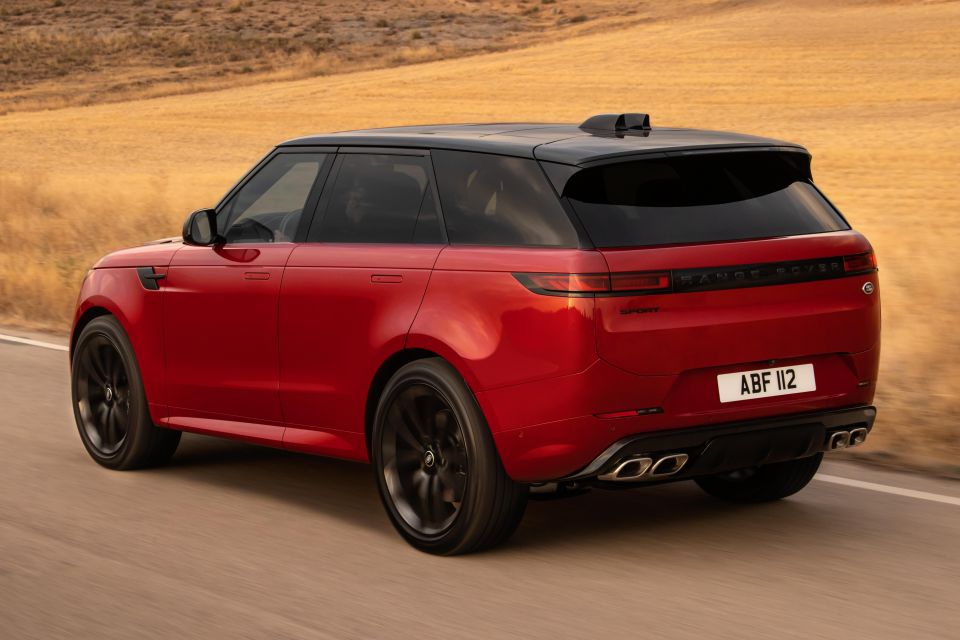
The company has also launched the fifth-generation Range Rover and third-generation Range Rover Sport. Both of these cars have been well received, but, thanks to on-going parts shortages, the automaker is currently struggling to fulfill its order book of around 205,000 vehicles.
Bollore’s departure from Jaguar Land Rover adds another interesting twist to his automotive career, which began at Michelin in 1990. There he rose to become the head of its aircraft division.
He moved to French automotive supplier Faurecia in 2005, where he had many senior roles, including head of marketing, research and development, purchasing and strategy.
Joining Renault in 2013, Bollore was director of manufacturing, supply chain and competitiveness before becoming chief operating officer (COO) in 2018.
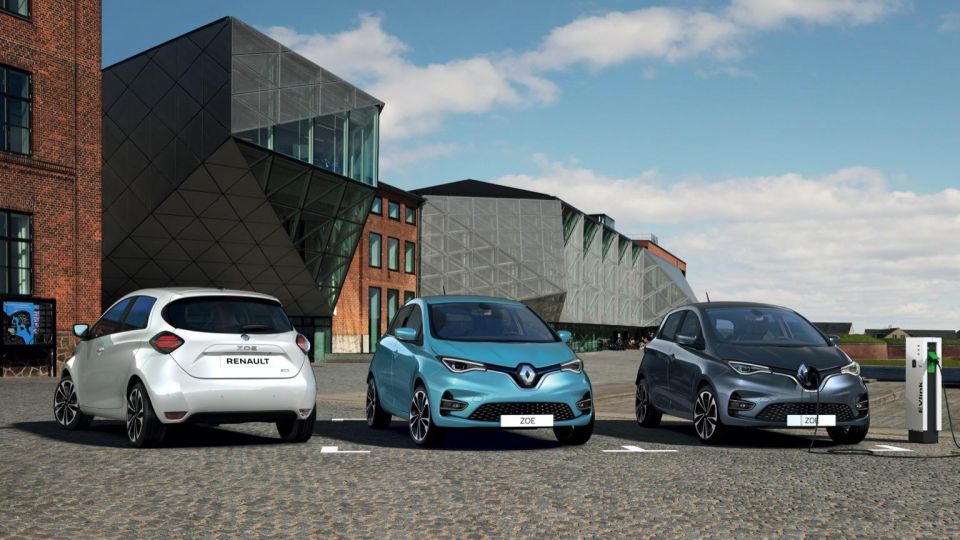
Bollore was made CEO of the Renault Group in January 2019, replacing Carlos Ghosn, who was arrested a few months earlier in Japan on multiple financial misconduct charges.
Just 10 months later Bollore was removed as CEO. Industry talk at the time indicated Bollore was ousted due to his close association with Ghosn and his poor relationship with Nissan, Renault’s Alliance partner.
During his short time as the head of Renault, Bollore negotiated a merger of equals with Fiat Chrysler (FCA). This deal fell apart when the French government sought Nissan’s blessing for the union, a request the Japanese automaker baulked at.
Eventually FCA went on to sign a merger agreement with French rival Groupe PSA, which controls the Peugeot, Citroen, DS, Opel and Vauxhall brands. This newly merged automaker, christened Stellantis, came into being at the beginning of 2021.
Adrian Mardell, Bollore’s replacement as Jaguar Land Rover CEO, has been with the automaker for 32 years, joining in 1990 a year after Ford had purchased Jaguar, but while Land Rover was still a part of the independent Rover Group.
It’s unclear if Tata has a shortlist of candidates to replace Bollore on a full-time basis.
Derek Fung would love to tell you about his multiple degrees, but he's too busy writing up some news right now. In his spare time Derek loves chasing automotive rabbits down the hole. Based in New York, New York, Derek loves to travel and is very much a window not an aisle person.


Ben Zachariah
2 Hours Ago
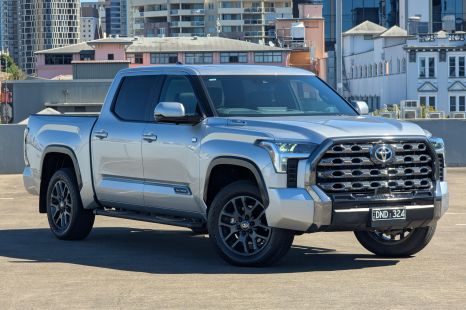

Damion Smy
3 Hours Ago
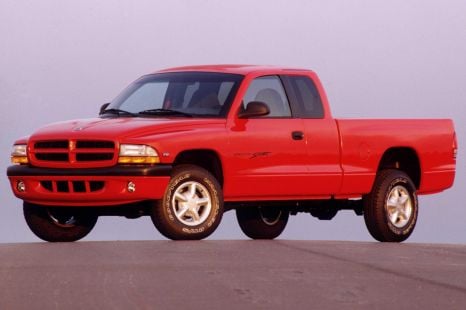

Derek Fung
4 Hours Ago
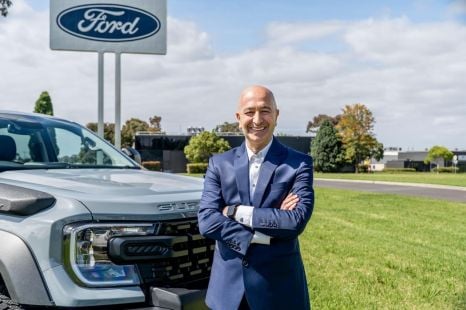

Ben Zachariah
4 Hours Ago
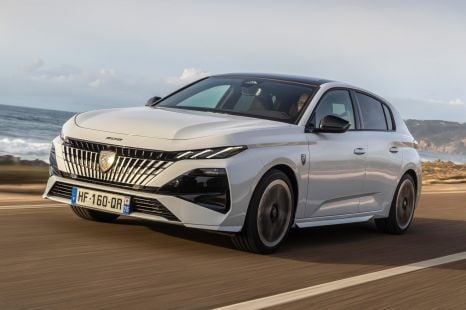

Matt Robinson
10 Hours Ago
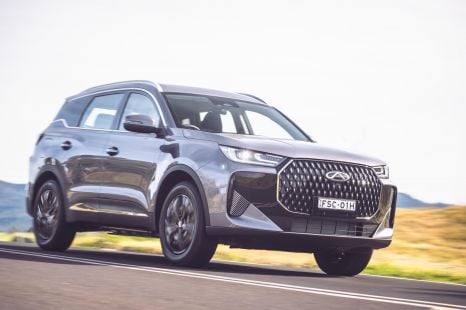

CarExpert.com.au
19 Hours Ago